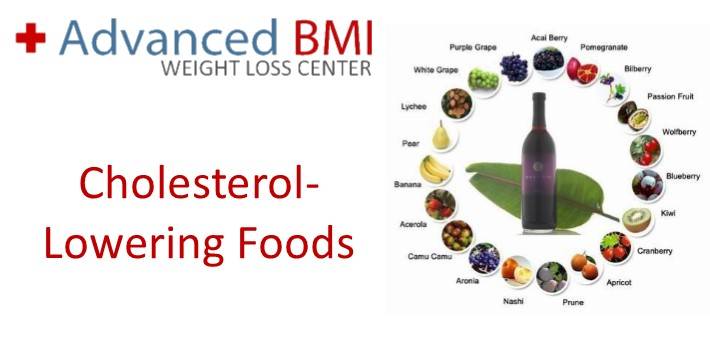High cholesterol is caused by a diet that is high in saturated fats and cholesterol found in meat and dairy, and in trans fats that come from fried foods. The good news is that, if high cholesterol comes from diet, it can also be solved by diet.
Include these cholesterol lowering foods in your diet and keep your heart healthy.
What is high cholesterol?
High blood cholesterol is a condition in which you have high levels of LDL cholesterol in your blood. The condition usually presents no symptoms. The only way to find out whether you have high cholesterol is through a blood test. However, high cholesterol leads to coronary heart disease, a condition in which substances from your blood stack up in your arteries, making it difficult for blood to flow naturally.
High cholesterol is caused by a diet that is high in saturated fats and cholesterol found in meat and dairy, and in trans fats that come from fried foods.
The good news is that, if high cholesterol comes from diet, it can also be solved by diet.
What are cholesterol lowering foods?
The following foods can help lower your cholesterol and prevent heart disease.
- High-fiber foods
High-fiber foods, such as oatmeal, apples, pears, and prunes, contain soluble fiber, which decreases the concentration of cholesterol in your blood. For example, you can try eating oatmeal with your milk for breakfast instead of eggs or a cheese sandwich.
- Fish
Fatty fish contains omega-3 fatty acids which are good for your blood pressure and your heart. Note that the fish should be baked or grilled, not fried, so as not to add unhealthy fats to your meal.
- Nuts
Nuts, such as walnuts, hazelnuts, peanuts, and almonds contain polyunsaturated fat and keep your blood cholesterol under control. However, nuts are also high in calories, so only eat about 40 grams per day, and make sure they are raw or baked. If you don’t particularly like the taste, you can mix them in with a salad.
- Olive oil
Olive oil is also high in calories, so 2 tablespoons per day are enough. Olive oil is rich in antioxidants and can lower your LDL levels. You can use olive oil as a dressing to a salad or in a sandwich or on vegetables with your meal.
- Other recommendations
In addition to adding these healthy foods to your diet, you should also reduce the amount of cholesterol and fat-rich foods in your diet, stay active, and if you smoke, quit and try not to be around smokers to avoid secondhand smoke.









